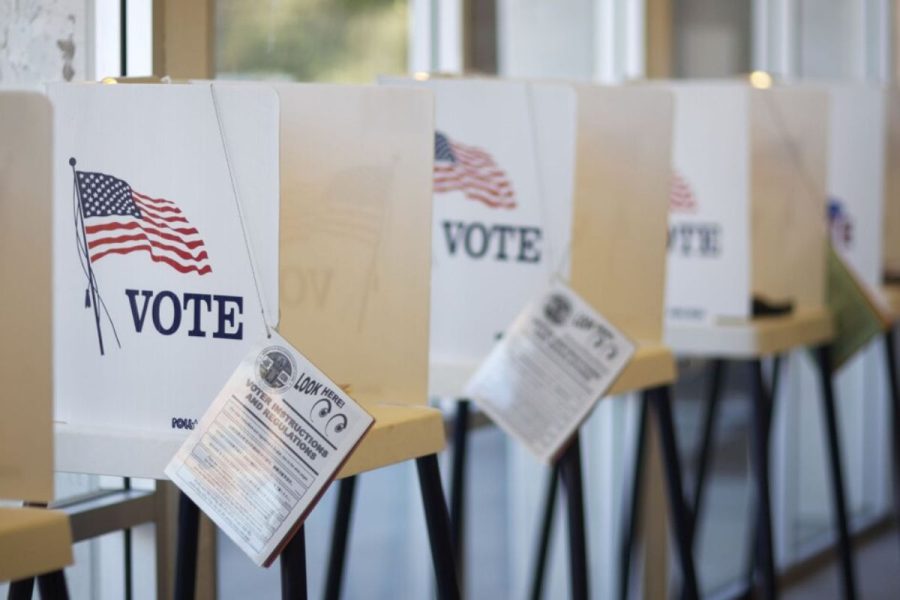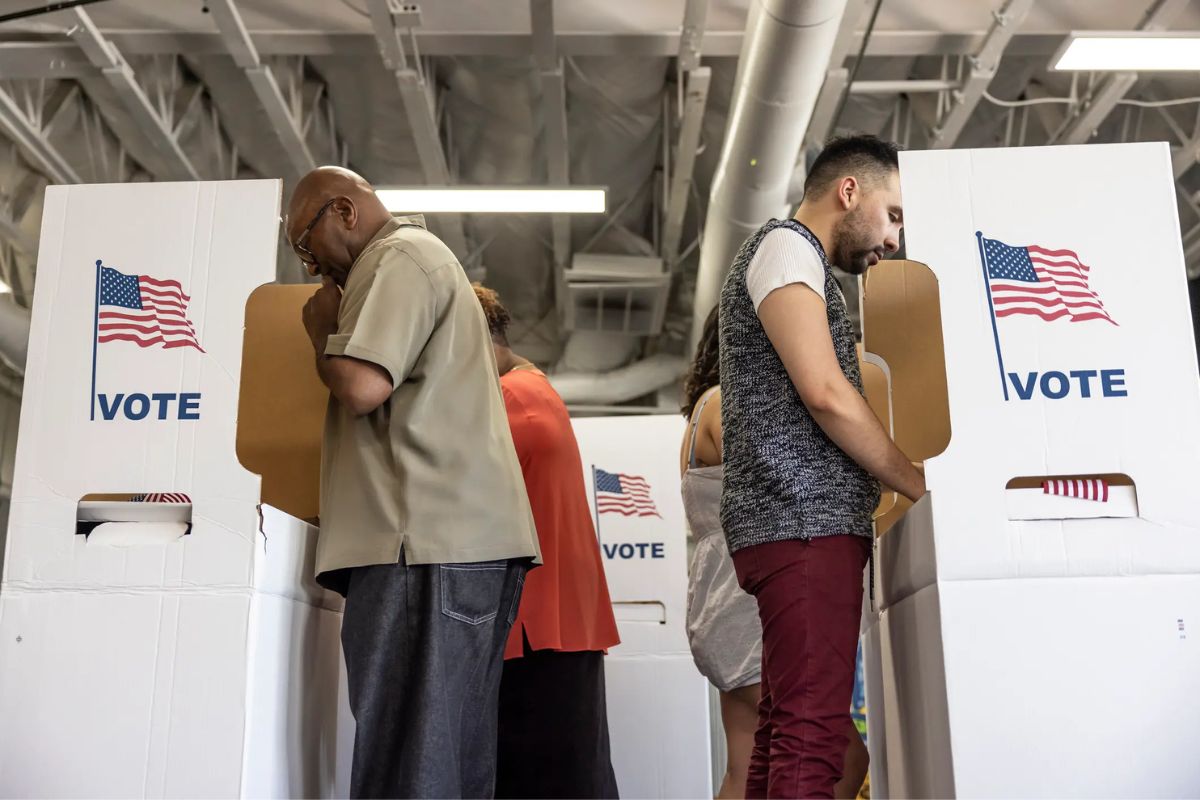Senate Moves to Ban Ranked-Choice Voting: MONTGOMERY, The recent Senate committee advancement of a bill proposing the prohibition of ranked-choice voting in Alabama has sparked a contentious debate among lawmakers and citizens alike.
Advocates argue that the current voting system fosters a more inclusive and representative democracy, while opponents express concerns about potential complexities and uncertainties associated with implementing ranked-choice voting.
As this issue continues to unfold, it raises fundamental questions about the balance between preserving traditional voting methods and embracing innovative electoral practices.
The implications of this decision extend beyond Alabama, prompting a broader conversation on the future of voting systems in the United States.
Senate Committee Advances Bill Banning
The Senate committee decisively pushed forward a bill prohibiting the implementation of ranked-choice voting in Alabama, championed by State Sen. Arthur Orr (R-Decatur), during a recent session. The bill, if enacted, would restrict the use of any ranked-choice voting method in Alabama elections, except for absentee voters under specific circumstances. Alabama would be following the lead of states like Florida, Tennessee, South Dakota, Montana, and Idaho, which have already implemented statewide bans on ranked-choice voting.
Senator Orr stressed the need to prevent ranked-choice voting from infiltrating Alabama’s electoral procedures during the Senate County and Municipal Government meeting. While the voting method has seen some use at the local level in parts of Alabama, opponents argue that it introduces complexity and confusion to voters. On the other hand, supporters of ranked-choice voting argue that it can lead to cost savings by eliminating the necessity for runoff elections and can promote a more positive campaign environment by discouraging negative campaigning.

ALSO READ: Central Alabama Faces Flooding Risks With Wet Weekend
Debate Surrounding Ranked-Choice Voting
The debate surrounding ranked-choice voting reflects contrasting viewpoints on its implications for electoral integrity and voter engagement. Opponents argue that the process is intricate and may confuse voters, potentially undermining the fundamental principle of one person, one vote. They assert that the elimination rounds could disenfranchise voters who may not fully understand the system’s mechanics.
On the other hand, proponents contend that ranked-choice voting fosters a more inclusive and democratic electoral landscape. By allowing voters to express their preferences beyond a single choice, it encourages candidates to appeal to a broader base and discourages negative campaigning. Additionally, supporters argue that the method eliminates the need for costly runoff elections, ultimately saving resources.
This ongoing discourse underscores the need for a comprehensive evaluation of the system’s impact on democracy.
News in Brief
Senate Committee Advances Bill Banning Ranked-Choice Voting in Alabama. A bill proposing the prohibition of ranked-choice voting in Alabama advanced through a Senate committee, sparking debate. Sponsored by State Sen. Arthur Orr (R-Decatur), the bill aims to restrict the voting method in Alabama elections, aligning with statewide bans in Florida, Tennessee, South Dakota, Montana, and Idaho. Supporters argue it promotes inclusivity, while opponents cite concerns about complexity and voter confusion.
The ongoing discourse highlights fundamental questions about traditional vs. innovative voting practices, with implications extending beyond Alabama to the broader U.S. electoral landscape.

